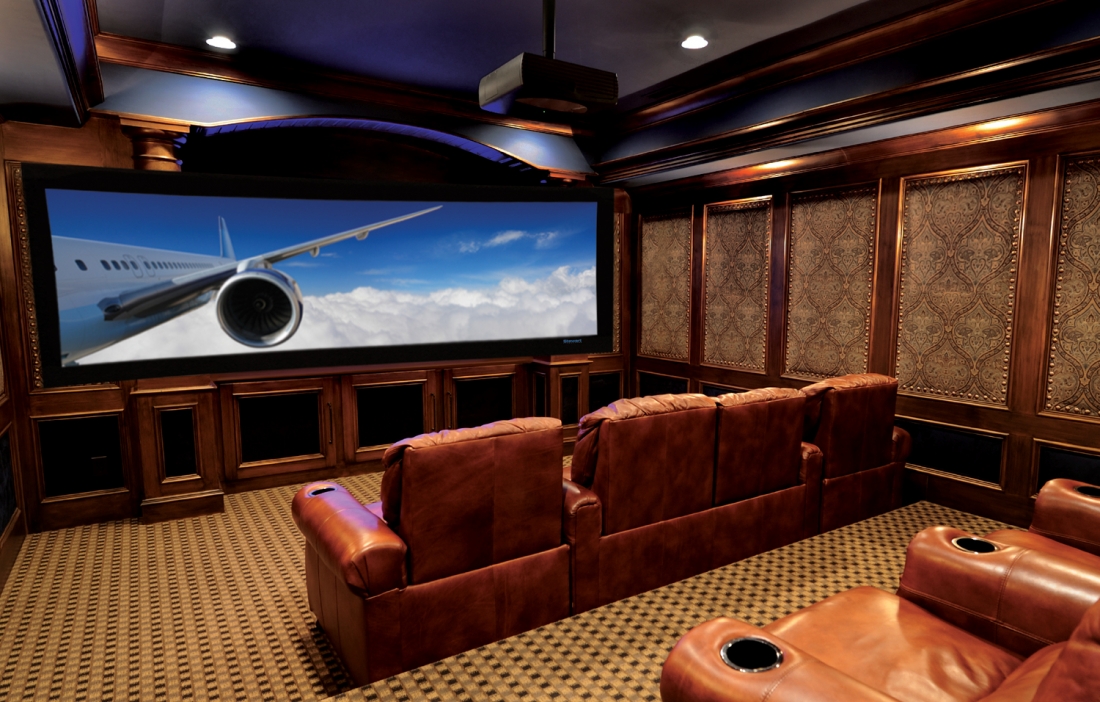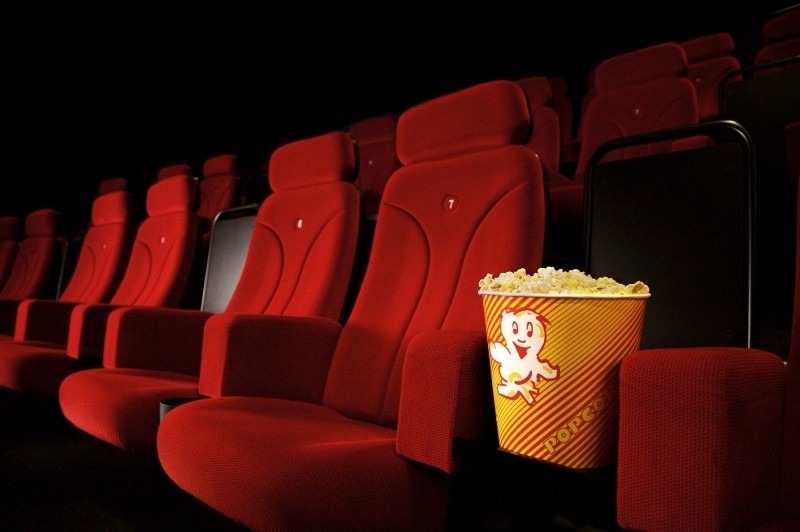
Movie theaters seem like an incredibly archaic concept in 2017 as nearly every amenity or benefit they once afforded has been nullified – or made worse – by modern technology.
Large-screen TVs are the norm these days and booming audio systems can be had for very little money. Internet connections are more than fast enough to transfer full-length movies in seconds. Concessions remain extremely overpriced, people still insist on bringing screaming babies to theaters and who wants to be bothered by people that’d rather play on their smartphones than watch a flick they paid money to see?
Yet, theaters persist.
I get the argument that films can be more enjoyable to watch with an audience that’s also interested and engaged but let’s be real – theaters only exist these days because that’s the way it’s always been, there’s a lot of money tied up in the industry and piracy is still a problem.

Movie studios and distributors aren’t yet ready to pull the plug on theaters entirely but they do want to significantly reduce the amount of time it takes for a film to transition from the big screen to your living room.
Apple and Comcast are forging ahead in talks with studios including Warner Bros. and Universal Pictures on such a plan despite pushback and reluctance from theater chains according to sources as reported by Bloomberg.
Negotiations, which have persisted for months, involve the creation of a premium movie-download service that would make films available to consumers mere weeks after appearing in theaters for between $30 and $50 each. That may sound like a lot of money (and it is for a single person) but for a family or even a group of friends willing to split the cost, it’s easy to see how this option could be cheaper versus a night out at the theater.
The quick turnaround would also benefit studios as they could capitalize on hype generated by opening weekends in theaters. As it stands now, a second round of marketing is needed months after a film becomes available outside of theaters.
Unfortunately, the two sides have been unable to agree to mutually beneficial terms which means a deal likely won’t be reached anytime this year. What's more, cinema chains aren't interested as it'd give people incentive to skip seeing a film in theaters if they know they could watch it at home just a few weeks later.
There’s also the big elephant in the room named Disney which, according to Bloomberg, isn’t interested in participating in discussions. Disney reportedly contends that its movies need to be seen on the big screen (the fact that it’s also prepping a streaming service for launch in 2019 probably factors into its decision as well).
In the interim, theaters have more pressing matters to tend to.
https://www.techspot.com/news/70640-studios-moving-forward-plans-make-movies-available-rental.html